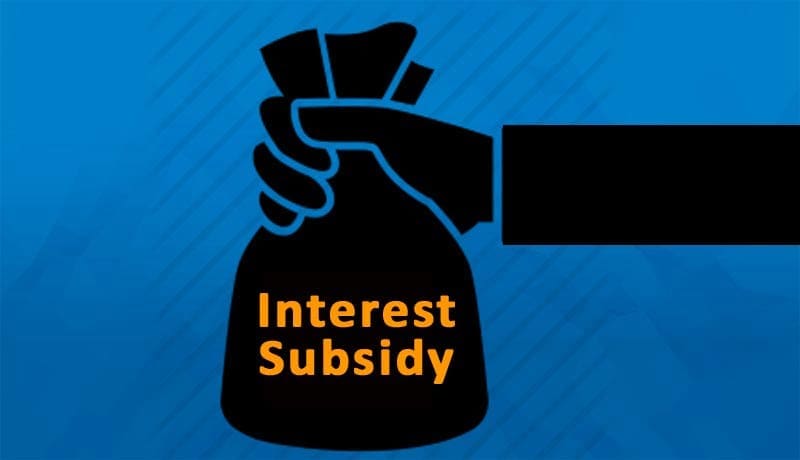The Indian government is currently scrutinising its Interest Equalization Scheme (IES), a key subsidy program designed to boost exports, particularly for labour-intensive sectors and MSMEs. The finance ministry has raised concerns about the scheme’s effectiveness and is demanding a thorough justification for its continuation beyond the current deadline of December 31, 2024.
The IES provides interest subvention to exporters, allowing them to access loans at reduced interest rates. This, in turn, aims to enhance their competitiveness in the global market. However, the ministry questions whether the scheme truly improves exporters’ competitiveness or merely increases their profitability.
The commerce department, which oversees the scheme, is exploring ways to revamp it to better align with its original objectives. This includes ensuring that benefits are targeted towards labour-intensive sectors and MSMEs, and that the scheme is effectively utilised.
Exporters’ Perspective: Exporters, particularly MSMEs, argue that the IES is crucial for their survival, given the high cost of credit in India. They contend that the scheme helps mitigate the impact of rising interest rates and global economic uncertainties.
Ajay Sahai, Director General and CEO of the Federation of Indian Export Organizations (FIEO), emphasised the need for a comprehensive assessment of the scheme’s impact. He suggested comparing India’s interest rates with those of other exporting nations to determine the extent of the subsidy’s effectiveness.
Government’s Dilemma: The government faces a delicate balancing act. While the IES has undoubtedly provided support to exporters, its long-term sustainability and its impact on fiscal health are subject to scrutiny. As the deadline for the scheme’s extension approaches, a decision on its future will have significant implications for India’s export sector.
The commerce department is likely to advocate for the inclusion of both MSMEs and non-MSMEs in the extended scheme, aiming to provide a broader support base for Indian exporters. However, the final decision will hinge on the government’s assessment of the scheme’s cost-benefit analysis and its ability to contribute to India’s overall economic growth.

